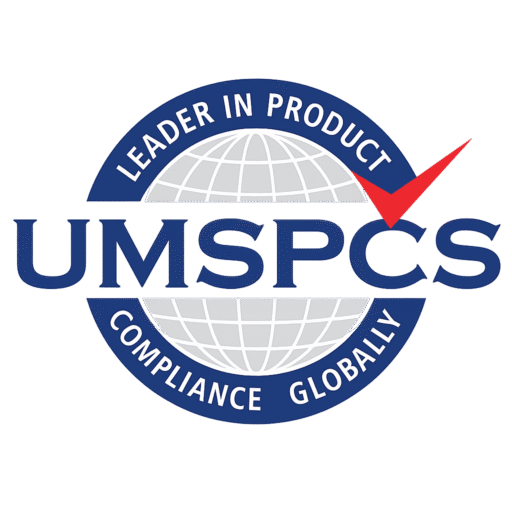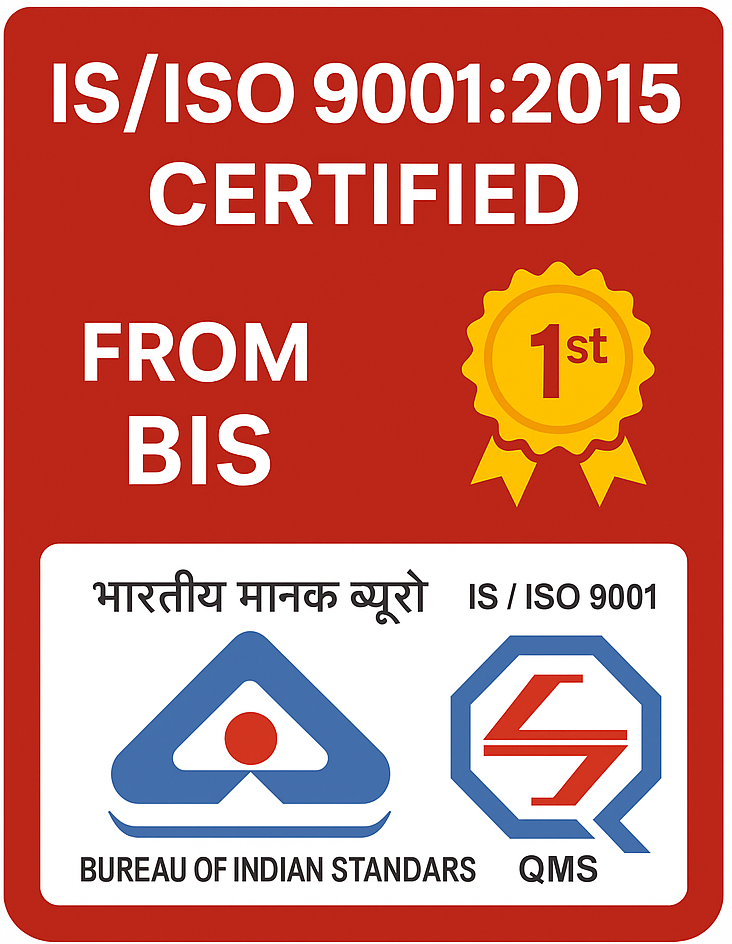
BATTERY WASTE MANAGEMENT
Overview – The Batteries (Management and Handling) Rules, 2001 were replaced by the most recent Battery Waste Management Rules, 2022, which went into effect in August 2022.
Any Producer, Manufacturer, Dealer, other Entity, or Consumer who participates in the collection, transportation, segregation, or any other process related to the management of Waste Battery is subject to these regulations. In addition, these rules apply to all batteries, including automotive batteries, electric vehicle batteries, industrial batteries, and portable batteries, regardless of their chemistry, volume, material composition, shape, weight, or use. These new rules also include a number of provisions relating to definitions, new roles, and authorization procedures.
Types Batteries Regulated Under Battery Waste Management Rules, 2022
Four different types of batteries including:
- Automotive batteries - means any Battery used only for automotive starter, lighting or ignition power. They are also known as car batteries.
- Electric Vehicle battery - means any Battery specifically designed to provide traction to hybrid and electric vehicles for road transport. Use lithium-ion batteries used in E-Scooters, E-bike, and E-car etc.
- Industrial batteries - means any Battery designed for industrial uses, excluding Portable battery, Electric vehicle battery and automotive battery. These may include sealed Battery (excluding potable battery); unsealed Battery (excluding automotive Battery) and energy storage system Battery.
- Portable Batteries - means Battery that is sealed, less than five kilograms, not made for industrial purposes, electric vehicle or to be used as an Automotive Battery.
As per the rule 3(u) of BWM Rules, 2022, Producer means an entity who engages in:
- Manufacture and sale of batteries including refurbished batteries, including in equipment, under its own brand; or
- Sale of batteries including refurbished batteries, including in equipment, under its own brand produced by other manufacturers or suppliers; or
- Import of batteries as well as equipment’s containing batteries.
As per the rule 3(s) of BWM Rules, 2022, Manufacturer means a person or an entity or a company as defined in the companies Act 2013 (18 of 2013) or a factory as in the Factories Act, 1948 (62 of 1948) which has facilities for manufacturing of battery and/or its components.
Registration Process -
Submission of application for registration to CPCB:
- As the CPCB's central website is still under construction, offline mode is used to submit completed Form 1(A) through email to batteries.cpcb@gov.in and the hardcopy of application to submitted to member secretary, central pollution central board.
- The application shall be submitted from company's email ID only.
- Along with the application form, the producer or manufacturer must also submit the required documents.
- The documents will be reviewed by the CPCB, and if any further information is needed, it will be sent via mail. If the CPCB is satisfied with the documents, it will share the certificate via email and send a physical copy to the registered address via speed post.
Required documents -
- GST Certificate
- Company pan card
- Certificate of incorporation
- Tax Identification number
- Aadhar and Pan card of authorized person
- Application Form - 1(A)
- Battery EPR Target
Registration will be granted initially for a period of six months, which will be renewed through online portal once it gets operational.
The collection of application fees will be deferred and will be realized at the time of registration through the online centralized portal.
After reviewing all the documents, CPCB will grant the certificate within fifteen days.
OTHER GENERAL INFORMATION
Batteries and their components that have been discarded as garbage by a consumer or a bulk consumer, as well as rejects from manufacturing, refurbishing, and repair processes, are all referred to as battery waste.
Environmental pollution from used batteries will be serious. The two most popular methods for treating waste batteries today are incineration and landfilling. These methods are followed by solidification treatment, manual sorting, wet recovery technology, dry recovery technology, and bio-metallurgical technology.
The legislation and guidelines governing the secure and correct disposal of batteries are governed by the Battery Waste Management authorization. The battery guidelines, which are based on environmental norms, would apply to all people and businesses involved in handling batteries.
Battery waste management permits are issued by the State Pollution Control Board or the Pollution Control Committee.
The government charge for a battery waste management (BWM) authorization certificate may range from zero to ten thousand rupees depending on the State Pollution Control Board.


